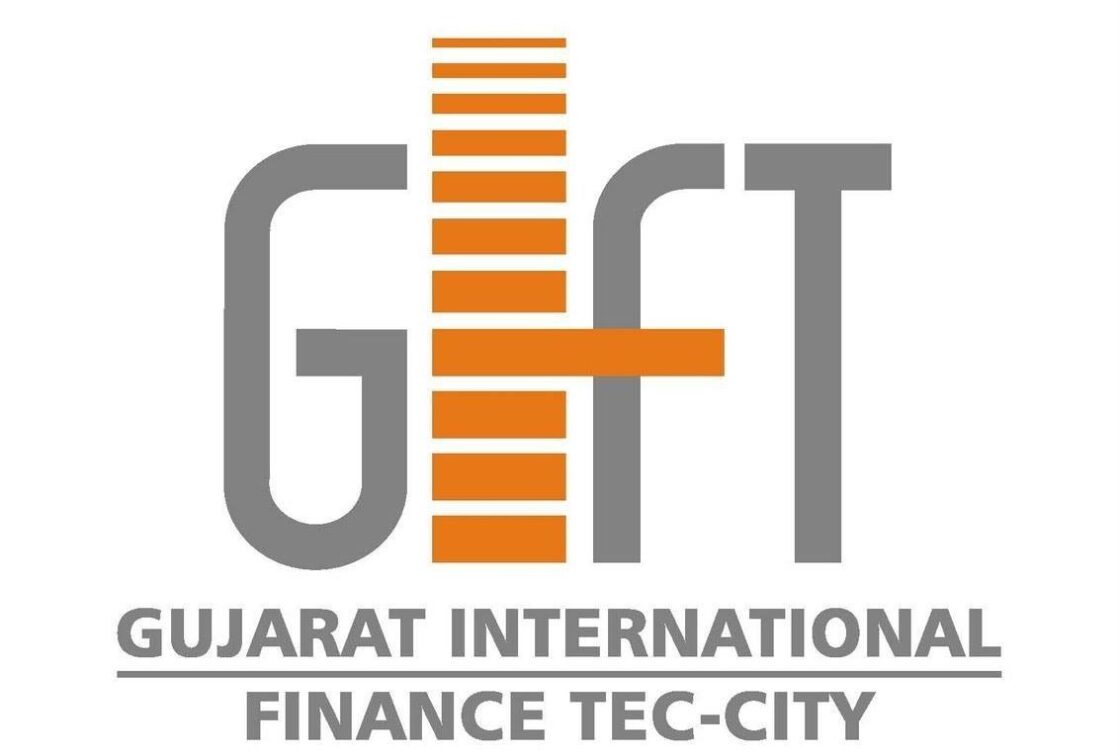While both Special Economic Zones (SEZs) and the International Financial Services Centre (IFSC) reside within GIFT City, they cater to distinct business needs and operate under different frameworks. Here’s a detailed breakdown of the key differences to guide your decision:
1. Business Activities:
- SEZ: Companies in the GIFT City SEZ can engage in a broader spectrum of activities beyond just financial services. This includes manufacturing, trading, information technology (IT) services, and other export-oriented businesses. The primary focus is on promoting exports and generating foreign exchange earnings for India.
- IFSC: The IFSC is a specialized zone dedicated solely to financial services. Businesses here can offer banking, insurance, asset management, capital markets, fintech solutions, and other related activities. It provides a platform for financial institutions to operate globally and serve both domestic (established in IFSC only) and international clients.
2. Regulatory Framework:
- SEZ: SEZs have their own set of regulations and policies designed to ease trade and investment. These regulations cover areas like customs duties, taxation, labor laws, and other aspects to create a business-friendly environment. They are overseen by the Development Commissioner of the SEZ.
- IFSC: The IFSC operates under a separate, internationally-aligned regulatory framework established by the International Financial Services Centres Authority (IFSCA). This ensures a robust and globally competitive environment for financial activities. The IFSCA framework is designed to be more flexible and adaptable to meet the evolving needs of the financial services industry.
3. Taxation and Incentives:
- SEZ: SEZ units enjoy significant tax benefits to encourage investment and export activities. These may include, No GST on purchase, duty-free imports of capital goods, streamlined customs procedures, and other fiscal concessions.
- IFSC: The IFSC enjoys 100% income tax exemption for 10 consecutive years out of 15 years. The IFSC tax regime is specifically designed to attract financial institutions and make them competitive on a global scale.
4. Registration Process:
- SEZ: Setting up a company in the GIFT City SEZ involves obtaining approvals from the Development Commissioner’s office and registering with the SEZ Unit. The process typically requires submitting detailed project reports, business plans, and fulfilling specific compliance requirements.
- IFSC: Establishing a company in the IFSC involves registering with the IFSCA. The process may involve obtaining a license based on the type of financial activity, submitting audited financial statements, and complying with specific IFSCA regulations.
5. Target Market:
- SEZ: Companies in the GIFT City SEZ primarily target the international market by focusing on exports and foreign exchange generation.
- IFSC: Businesses in the IFSC cater to both domestic units operating in IFSC and international clients. They offer a range of financial services in a globally competitive environment, making them well-positioned to serve a broader market.
6. Infrastructure and Services:
- SEZ: The GIFT City SEZ provides standard infrastructure facilities like power, water, transportation, and other amenities required for business operations. Additionally, it may offer services like customs clearance support and administrative assistance.
- IFSC: GIFT City boasts world-class infrastructure specifically designed for the financial services sector. This includes state-of-the-art office spaces, high-speed connectivity, data centers, and other facilities tailored to the needs of financial institutions and service providers. The IFSC infrastructure is designed to support cutting-edge financial technologies and operations.
Choosing Between SEZ and IFSC:
The best option for your company depends on your specific business goals:
- SEZ: If your focus is on export-oriented manufacturing, trading, or IT services, the GIFT City SEZ might be a better fit due to its broader scope and potential tax benefits. The SEZ environment can also be beneficial for companies seeking streamlined customs procedures and government support for export activities.
- IFSC: If your business operates in the financial services domain, such as banking, insurance, or asset management, the IFSC provides a dedicated platform with a globally-aligned regulatory framework and targeted tax incentives. The IFSC’s international focus and infrastructure can also be advantageous for companies looking to expand their reach beyond the domestic Indian market.


